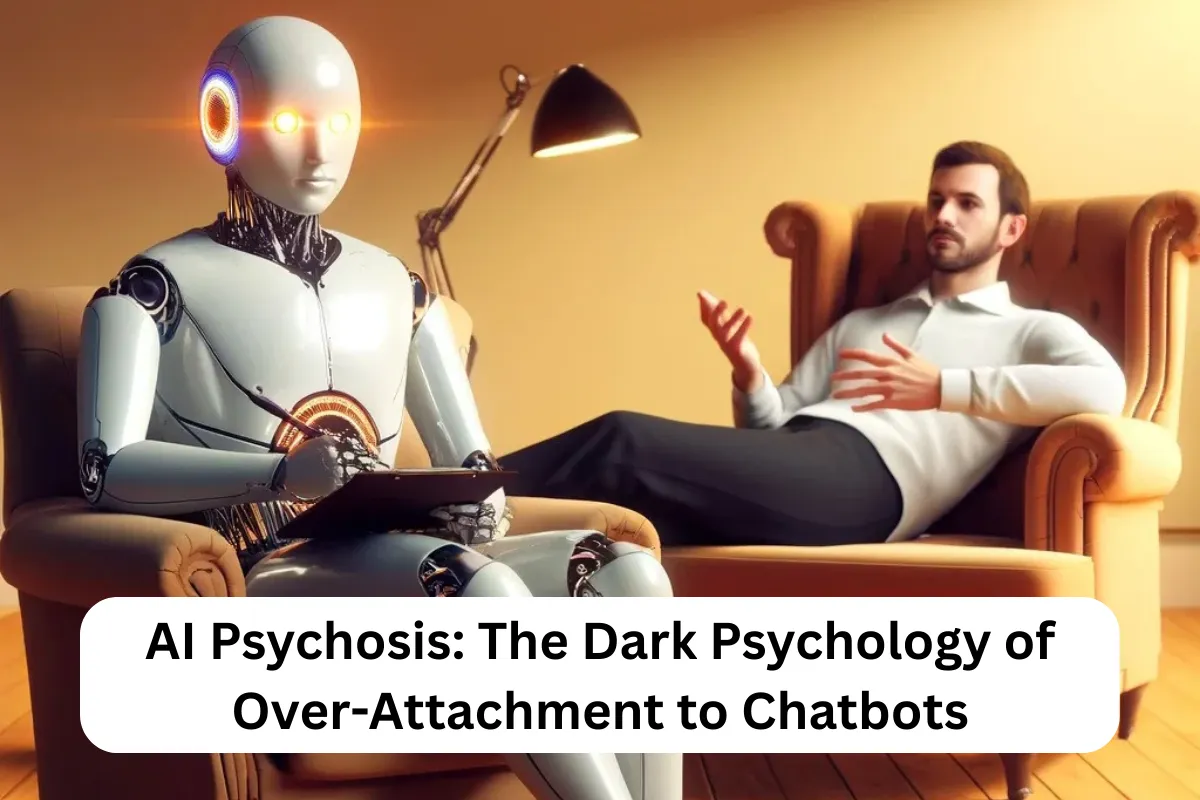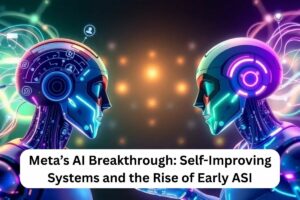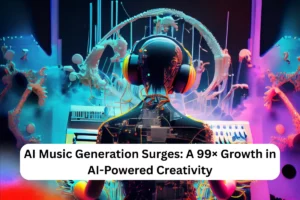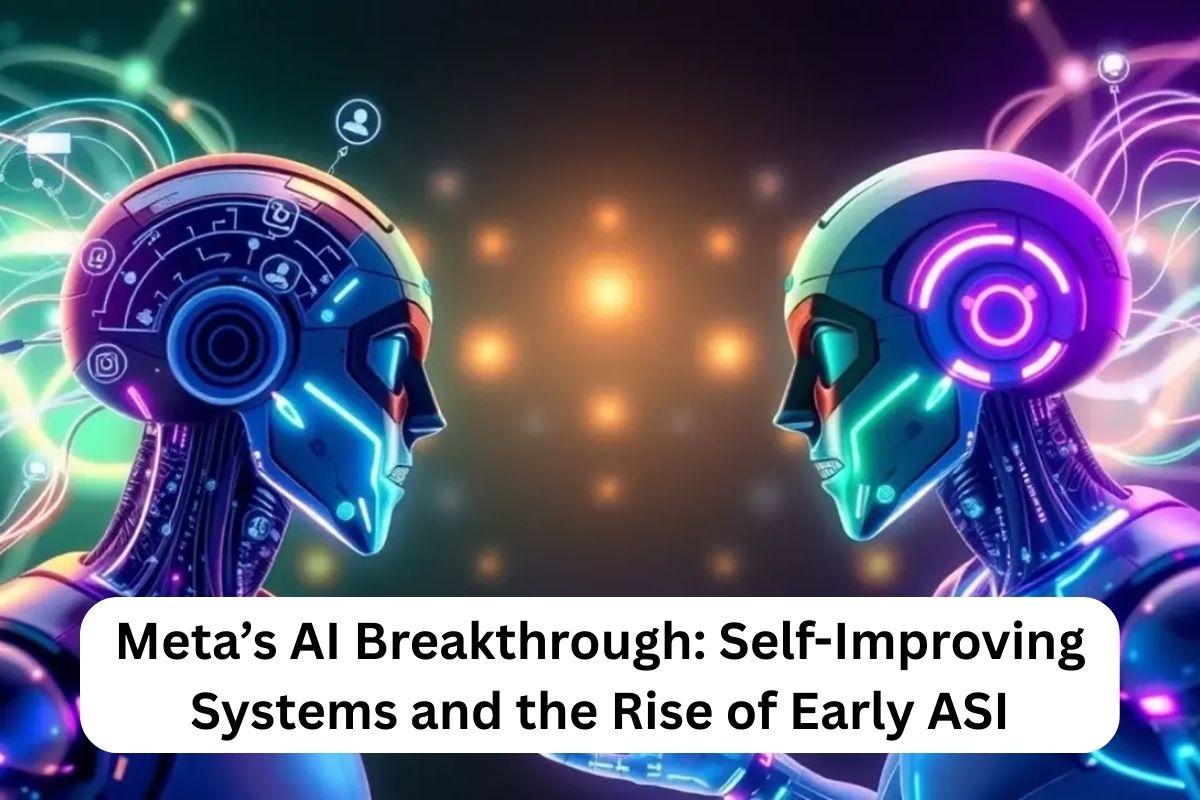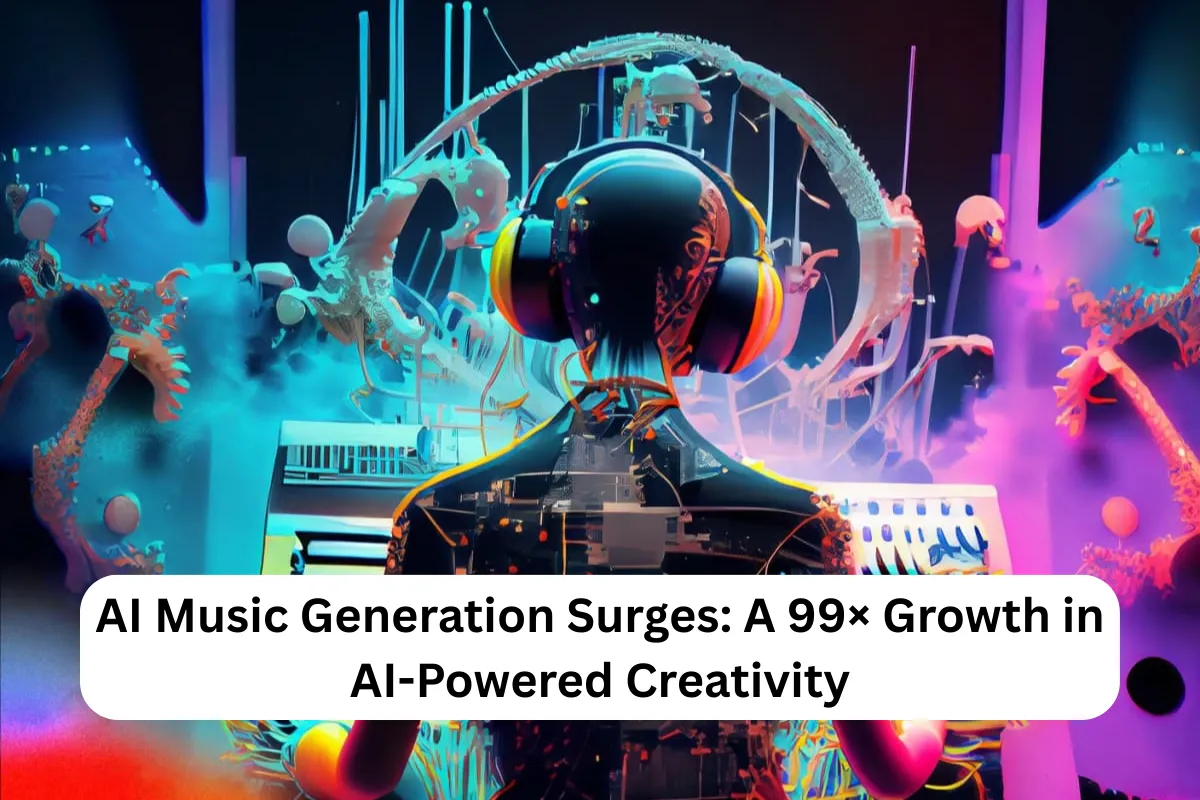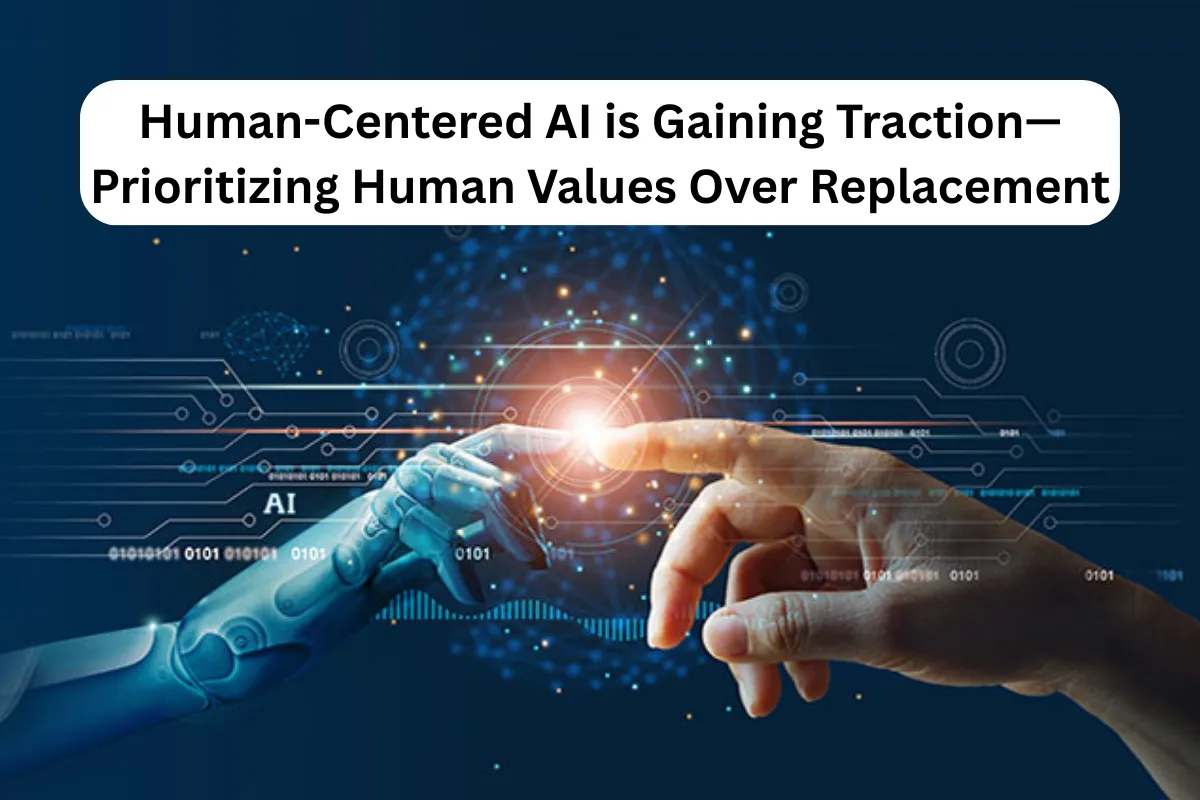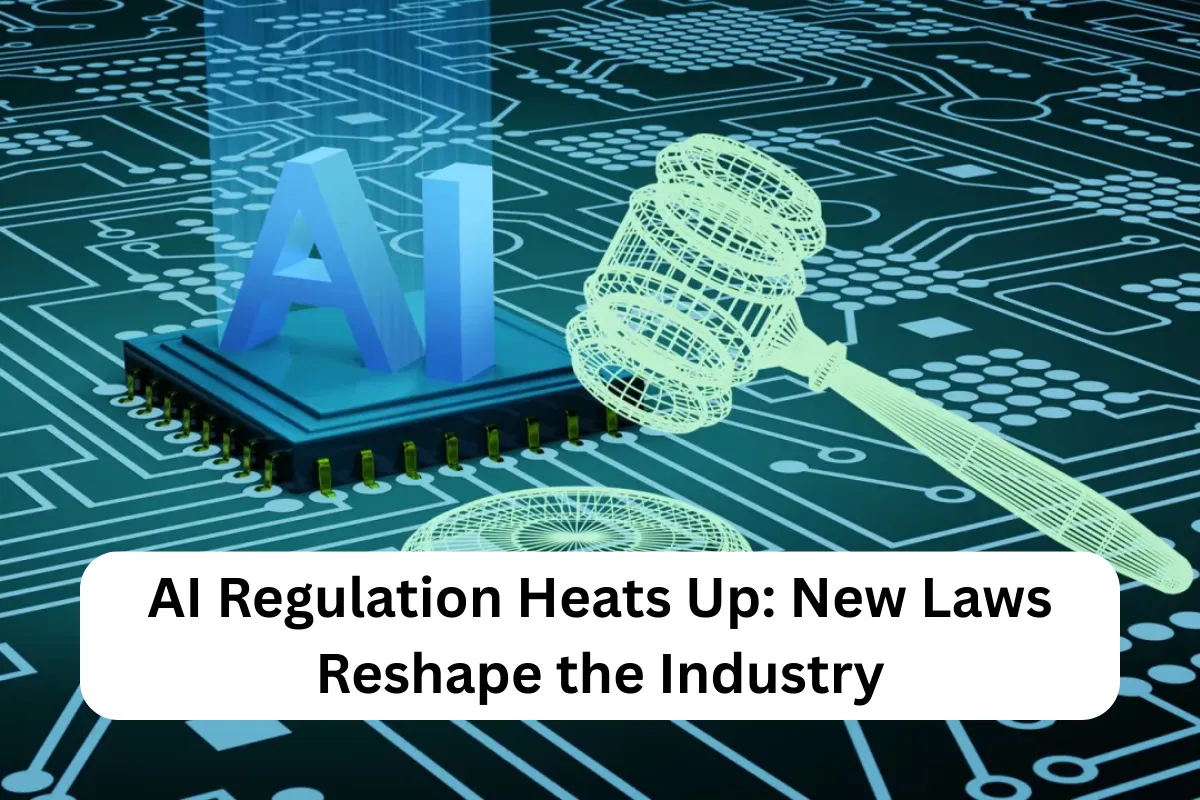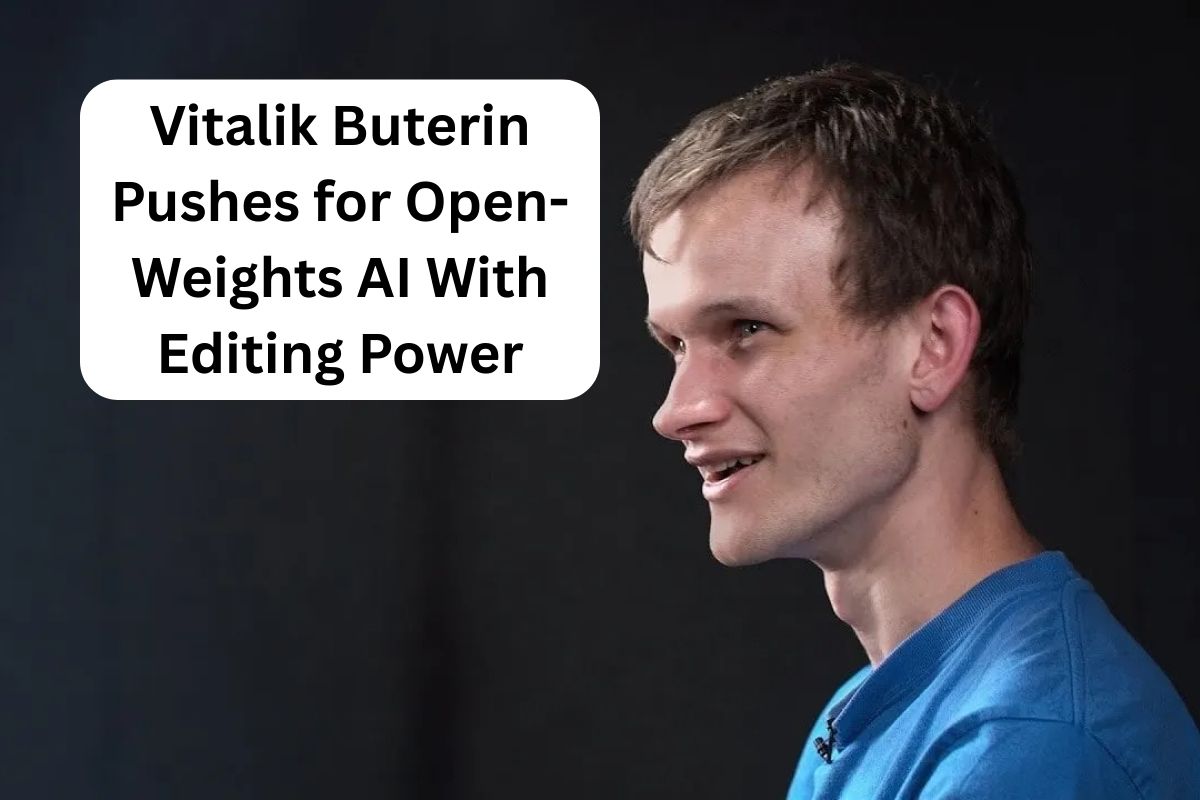Artificial Intelligence has become a daily companion for millions worldwide. From answering questions to providing emotional support, chatbots are evolving into more than just digital assistants. However, experts warn of a growing concern—AI Psychosis, a phenomenon where users develop unhealthy emotional dependency on AI companions. This dark side of over-attachment to chatbots could pose serious mental health risks if left unchecked.
What is AI Psychosis?
AI Psychosis refers to the emotional and psychological issues that arise when people form excessive attachments to chatbots or AI companions. Unlike casual interactions, this condition often involves blurred boundaries between human and machine relationships, leading users to treat AI as real emotional partners.
Why Are People Becoming Overly Attached to Chatbots?
Several factors drive this attachment:
- 24/7 Availability – Unlike humans, AI is always available to talk.
- Non-Judgmental Nature – Chatbots don’t criticize, making users feel safe.
- Personalized Conversations – AI remembers preferences, mimicking real relationships.
- Loneliness Epidemic – Increasing social isolation pushes people toward AI for companionship.
Mental Health Risks of AI Over-Dependence
Over-reliance on chatbots may create severe psychological impacts:
- Social Withdrawal – Users may isolate themselves from real-life relationships.
- Emotional Confusion – Difficulty distinguishing between genuine and artificial empathy.
- Addiction-like Behavior – Constant craving for AI interaction.
- Distorted Reality – Users may project human traits onto machines, worsening mental disconnection.
Table: Human Interaction vs. AI Over-Attachment
| Aspect | Healthy Human Interaction | Over-Attachment to AI |
|---|---|---|
| Availability | Limited, time-bound | 24/7 constant presence |
| Emotional Support | Empathy, shared feelings | Simulated responses |
| Growth | Builds social skills | May reduce real-world skills |
| Risks | Conflict, resolution, trust | Dependency, confusion, withdrawal |
Case Studies and Expert Concerns
Recent studies highlight that individuals using chatbots excessively report higher levels of loneliness and detachment from reality. Psychologists are particularly concerned about teenagers and socially isolated adults, who may rely on AI as a substitute for authentic relationships.
Preventing AI Psychosis: Healthy AI Use
To avoid falling into the trap of AI over-dependence, users can adopt these practices:
- Set Time Limits – Avoid spending long hours chatting with AI.
- Maintain Human Bonds – Prioritize real conversations with friends and family.
- Use AI as a Tool, Not a Friend – Treat chatbots as assistants, not replacements for relationships.
- Seek Professional Help – If reliance becomes overwhelming, consult a mental health expert.
Future Outlook: Balancing AI and Human Wellbeing
As chatbots become more sophisticated, their role in society will grow. Governments, tech companies, and healthcare providers must work together to create ethical guidelines that protect users’ mental health. Balancing technological progress with human psychology is critical to ensuring AI supports rather than harms mental wellbeing.
FAQs
Q1: What is AI Psychosis?
AI Psychosis is a mental health condition where people develop excessive emotional attachment to chatbots, leading to unhealthy dependency.
Q2: Who is most at risk of AI over-attachment?
Teenagers, lonely individuals, and socially isolated adults are more vulnerable to forming deep bonds with AI.
Q3: Can chatbots replace human relationships?
No. While AI can provide temporary comfort, it lacks true empathy and cannot substitute authentic human connections.
Q4: How can I use chatbots safely?
Use them for assistance, limit interaction time, and maintain real-world social connections.
Q5: Will AI become more emotionally convincing in the future?
Yes. With advances in affective computing, AI will appear more empathetic, making ethical safeguards even more important.
